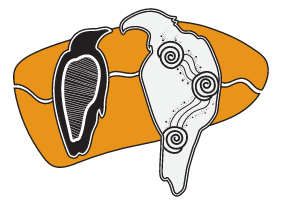Cultural Heritage – “It’s still here and so are we” – a yarn with Jonah
May 7, 2024
Jonah Honeysett is a proud Taungurung /Wiradjuri man of the Nira-balluk clan who considers himself lucky to have grown up knowing about his culture, immersed in his culture, and learning about his culture from his Aboriginal parents and grandparents. It’s Jonah’s strong upbringing and sense of cultural identity that has inspired him to work for his mob and be part of the next wave of Taungurung People passionately protecting Taungurung culture. Jonah works for the Taungurung Land and Waters Council (TLaWC) as a cultural heritage field services officer and also contributes his passion and knowledge as a wawa biik Cultural Tour Guide.
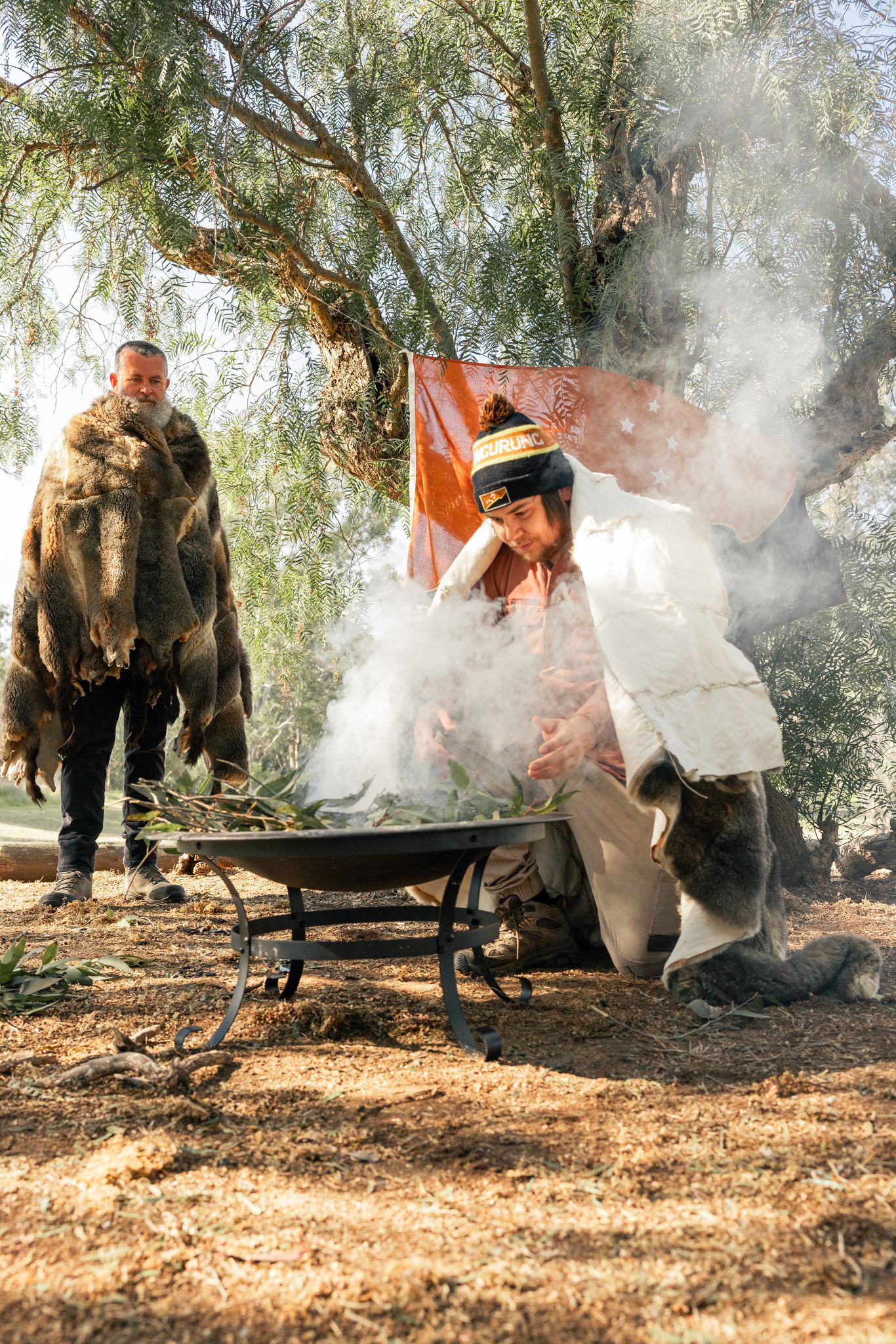
How long have you been in your Cultural Heritage role?
I started in 2019 but went into a secondment role as a Parks Victoria Parks Ranger for roughly 6 months. Then mid-2021 moved into a full-time role in Cultural Heritage.
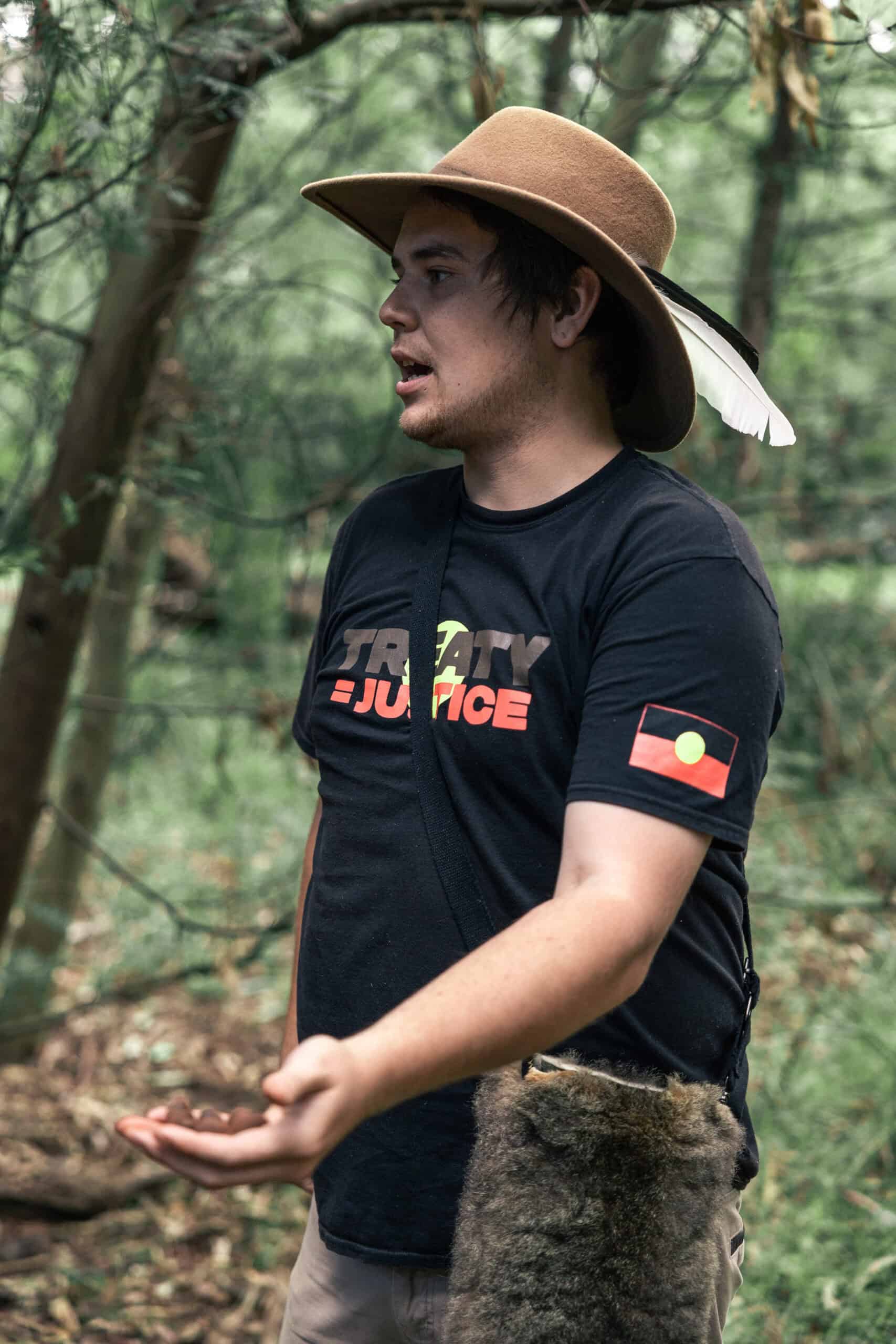
Please explain what cultural heritage is?
Cultural heritage is the evidence of the Traditional Owners cultural practices, the way they lived and thrived in the landscape. It is validation that my Ancestors have been part of this landscape since time immemorial.
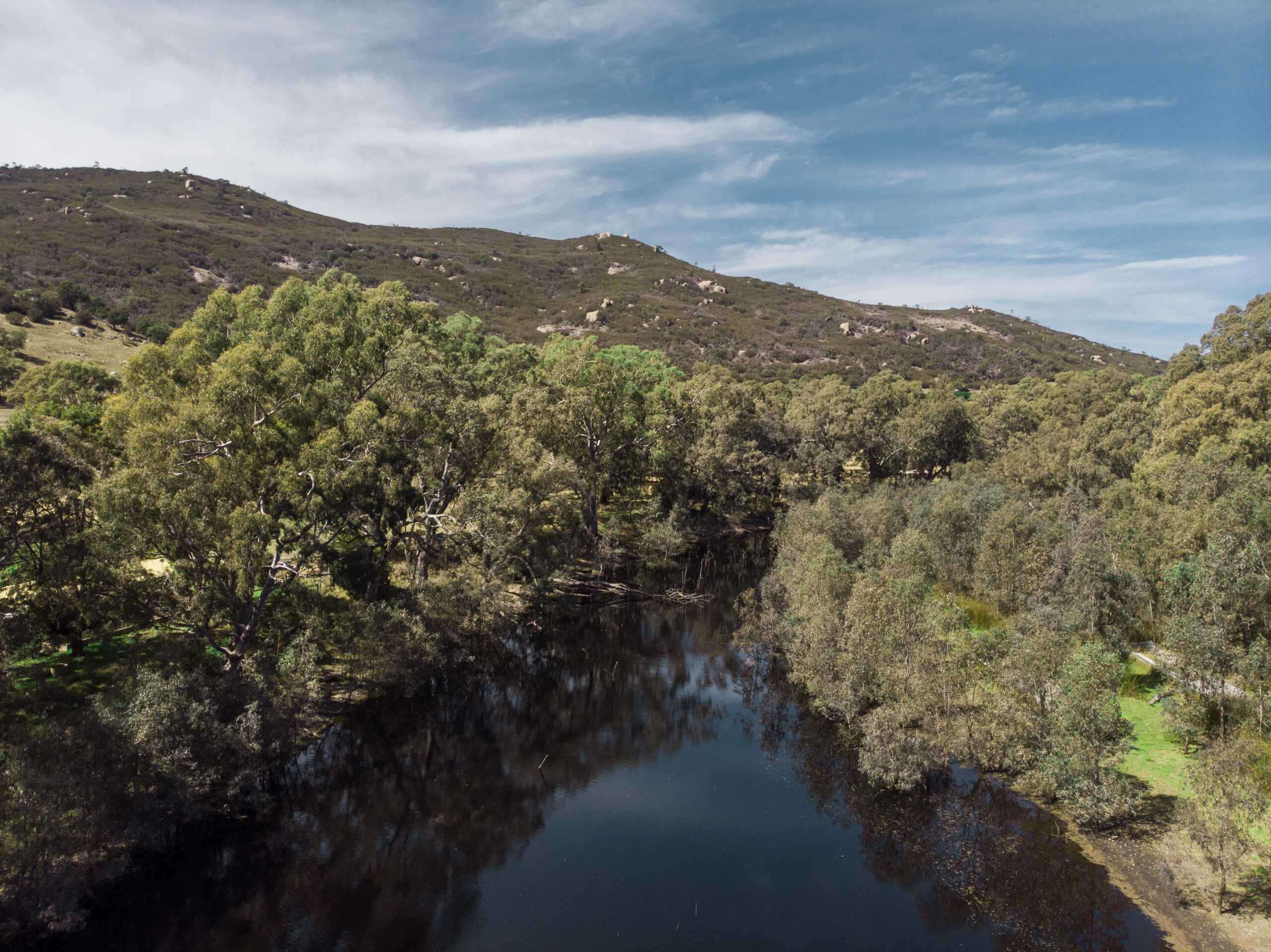
What are TLAWC’s statutory obligations as a Registered Aboriginal Party with regards to cultural heritage?
The TLaWC RAP unit is responsible for the preservation, protection, and conservation of Taungurung traditional cultural materials and cultural heritage sites within Taungurung Country. TLaWC is also responsible for conducting archaeological surveys that inform Cultural Heritage Management Plans (CHMPs) and Cultural Heritage Permits and ensure we have the ability to investigate, protect and register the cultural heritage sites identified on the Victorian Aboriginal Heritage Register (ACHRIS).

Why is it important for TLAWC to be managing and protecting Taungurung cultural heritage?
We are the Knowledge Holders, the experts and the community that has the rights and responsibilities to look after our cultural objects, our cultural knowledge and our Country. It’s empowering for our People. It is important that there is self-determination for us as Traditional Owners in handling and protecting Taungurung Country/cultural objects. I find it liberating. It’s about acknowledging the antiquity in the Country and showing that we had so much more than a nomadic lifestyle.
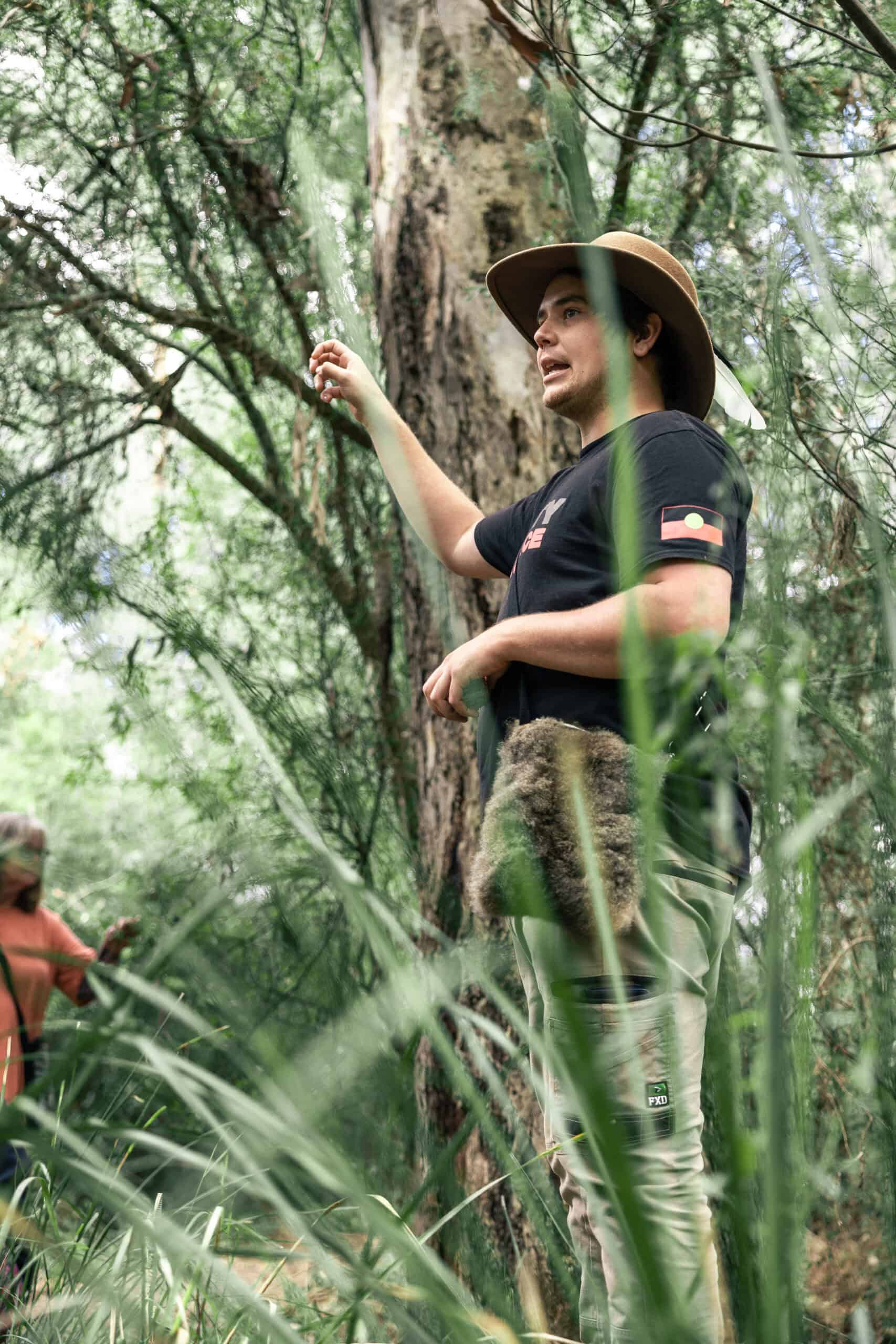
What are you most proud of in your cultural heritage role?
To be able to be a part of a new wave of Taungurung Traditional Owners in protecting and preserving my culture. Being able to work, learn and play alongside my cousins and extended family/mob. Being a part of the drive in the protection and management of cultural heritage. I’m working with my community, learning my culture and contributing to community goals. I enjoy being able to share the knowledge that I’ve been lucky to learn alongside my Elders and provide people with an understanding and education of the true history here, and not just the old generic belief around Aboriginal Australia being just didgeridoos and the usual stereotypes. The Taungurung Story is so much more.

What is a Keeping Place and does Taungurung have one?
A Keeping Place houses Taungurung sacred objects or cultural materials that may include stone lithic tools and wooden artefacts, or things like significant possum skin cloaks. We don’t have a Keeping Place where we can store our precious artefacts on Country, unfortunately they’re kept in museums off Country.
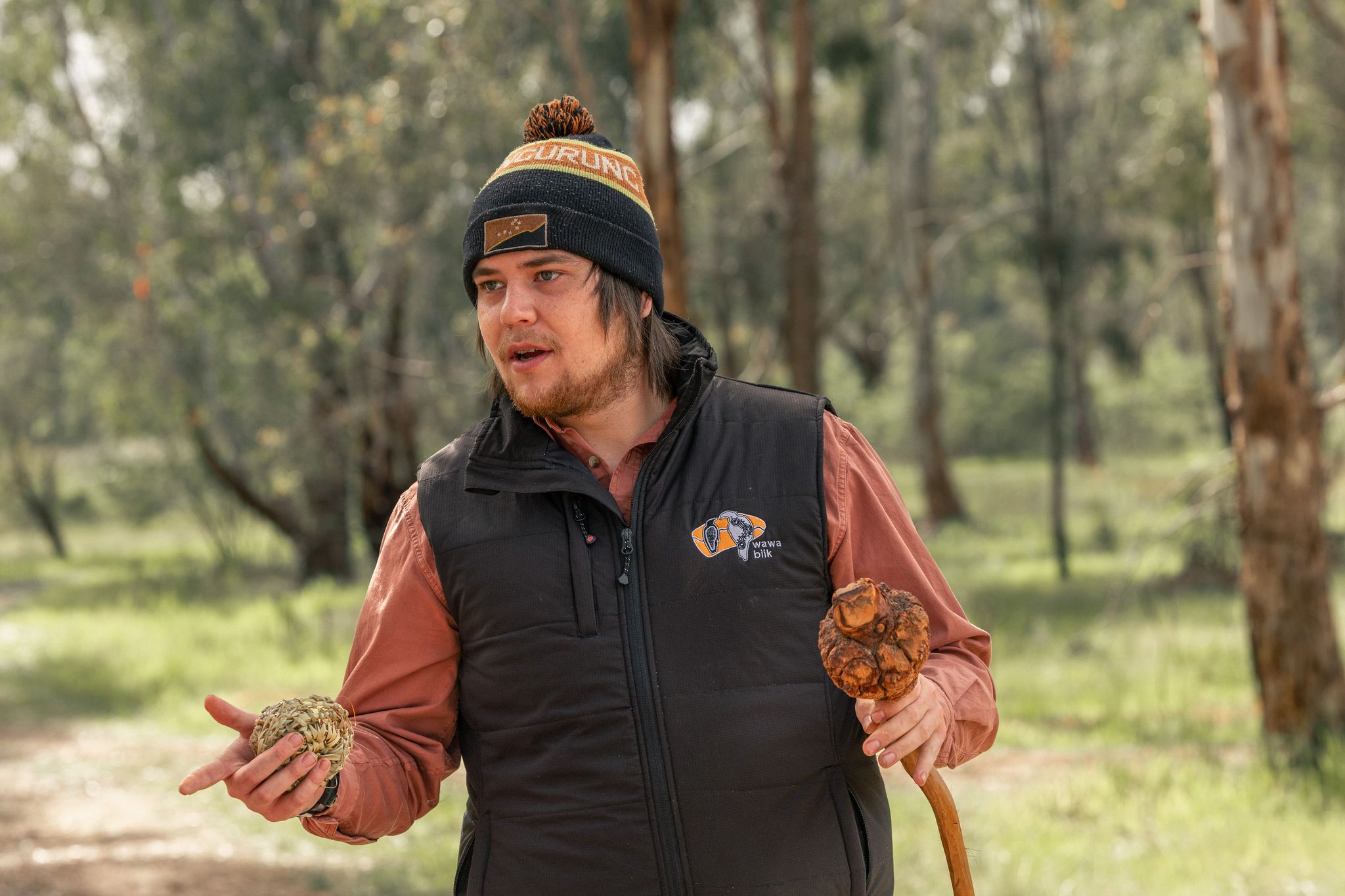
If someone finds what they think is a cultural artefact, what should they do?
Fill out a Preliminary form on the First Peoples State Relations website and this will eventually come directly to TLaWC’s Cultural Heritage unit and we go and assess the object for cultural heritage significance. Anyone can fill that form out. The object always stays where it’s found and it’s registered if significant.
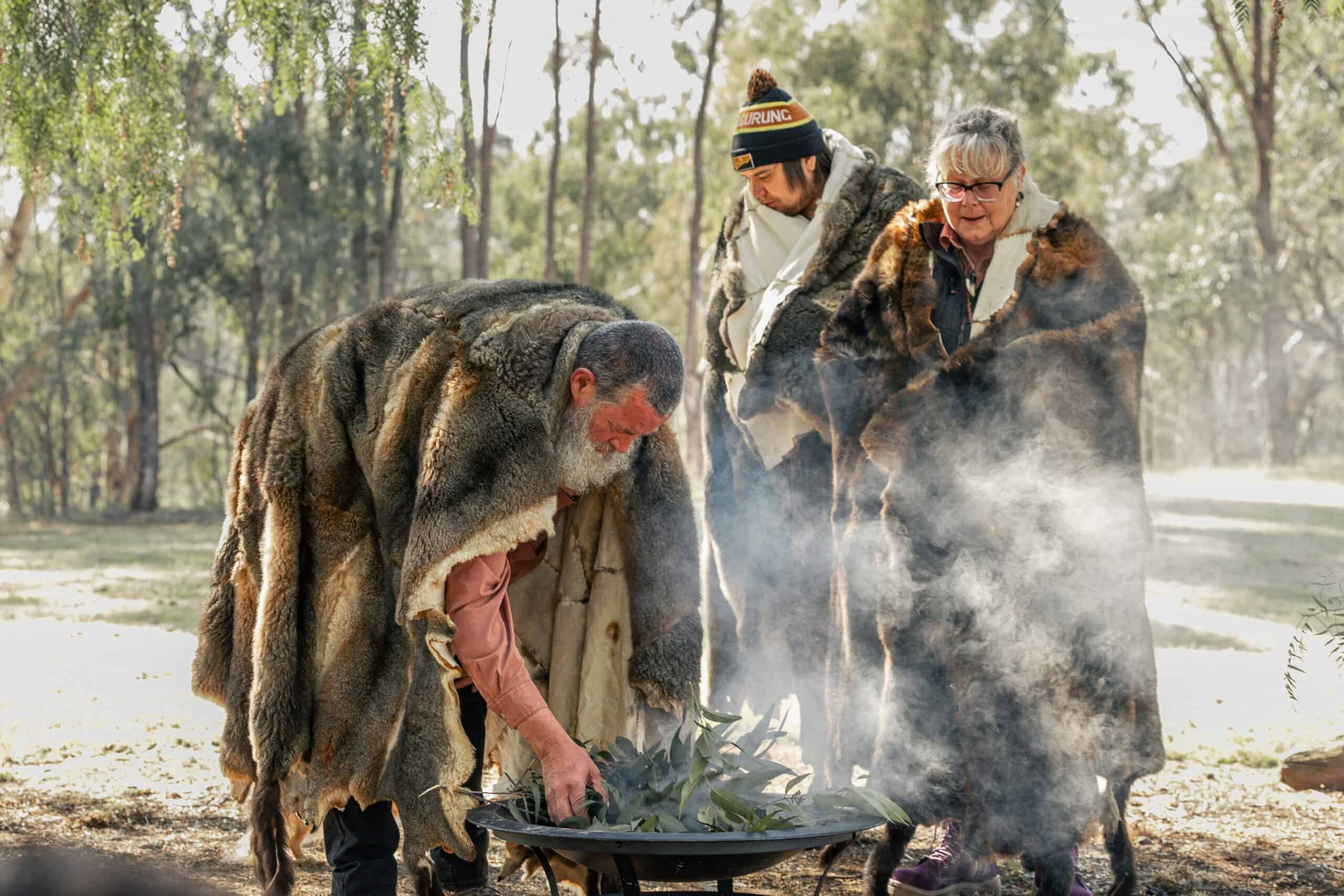
What’s the key message you’d like people to understand about cultural heritage?
That it’s still here and so are we. Our Cultural practices are still thriving within the Taungurung community.
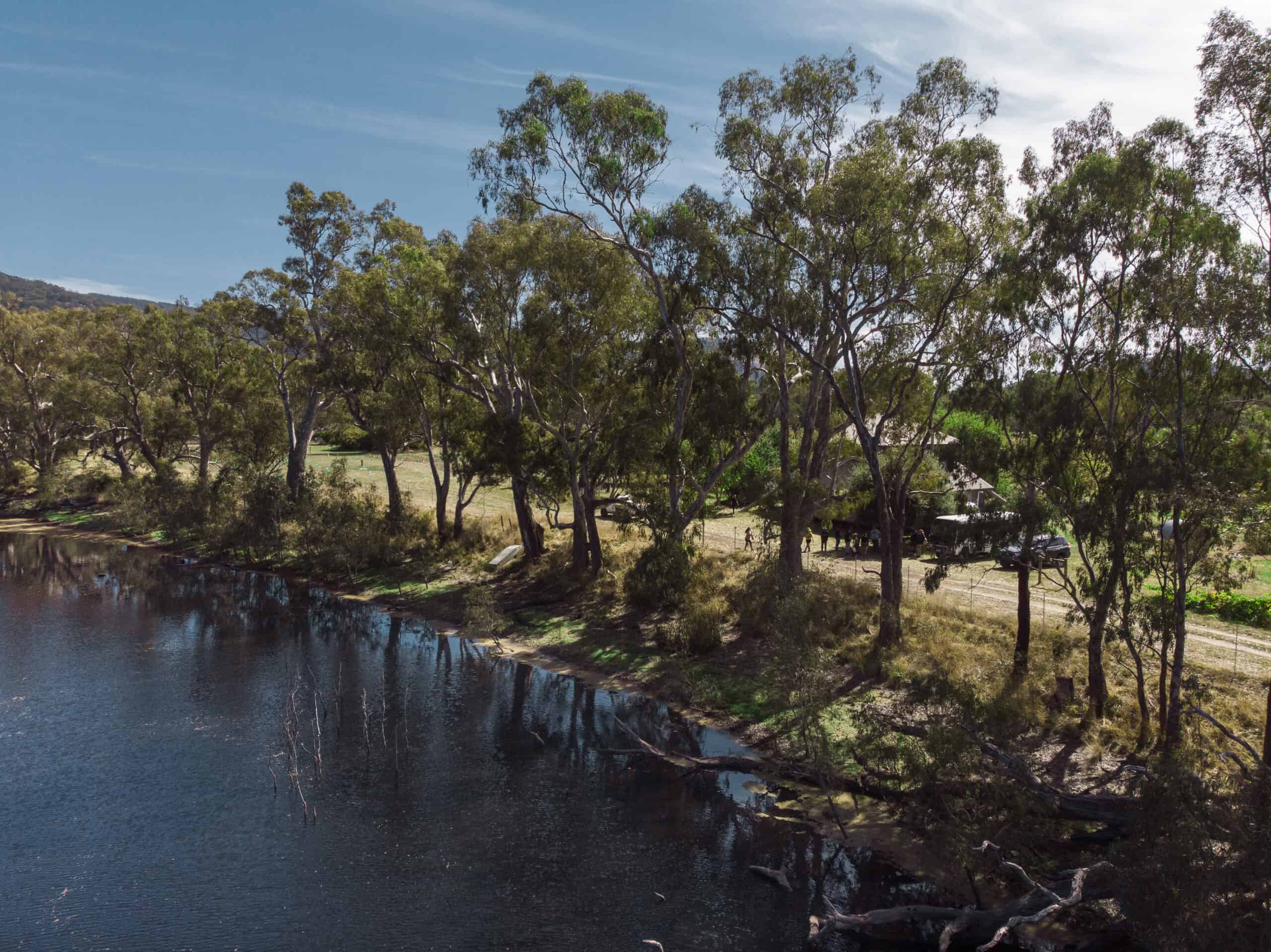
You are also a cultural tour guide – why should people book a tour?
To hear the Taungurung story and walk alongside grassroots guides who are happy to educate and share a knowledge that is as old as the landscape and the trees that reside in it.
